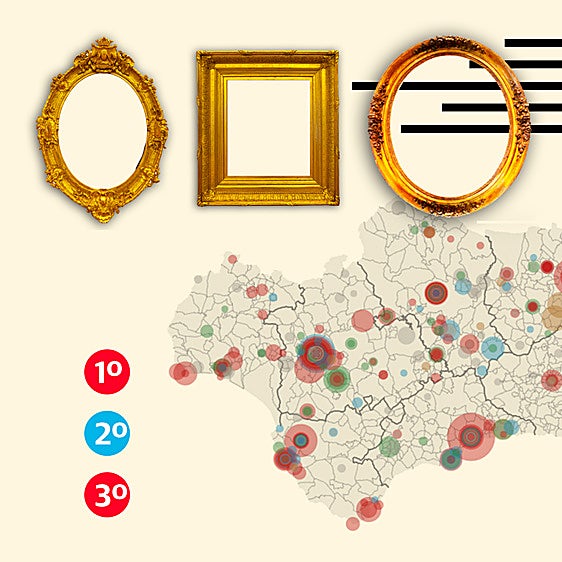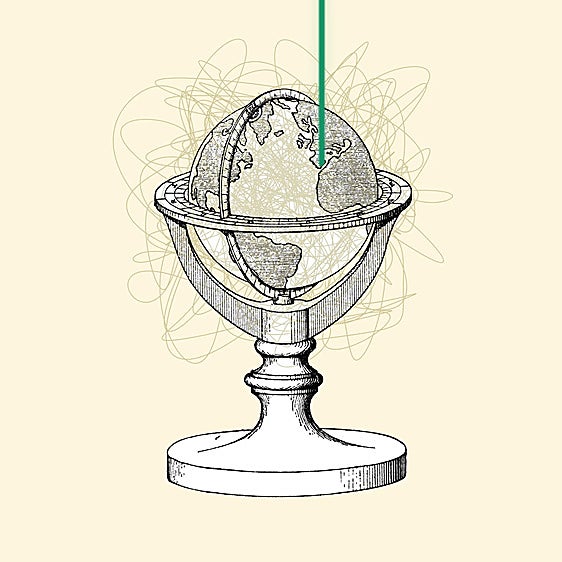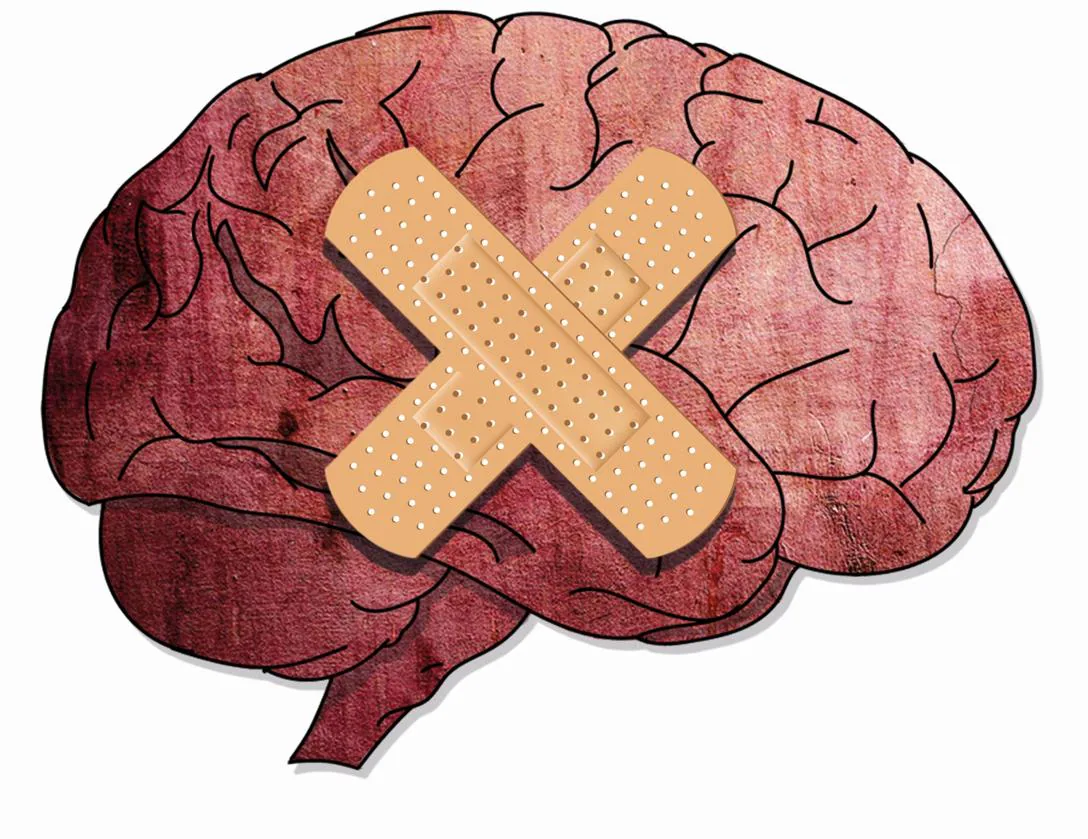Microtrauma: if it’s nothing serious why do I feel so bad?
You don’t need to experience a huge tragedy to feel traumatised, as the accumulation of minor, negative events can be just as devastating
Carmen Barreiro
Madrd
Friday, 31 May 2024, 12:11
When a person suffers a tragedy such as the death of a loved one, it is understood that an event of that magnitude can have devastating consequences for their mental health in the form of trauma that can leave a wound capable of emotionally destroying those who experienced it. However, we do not always have to experience an extreme event to incur a similar level of damage to our brain.
“When we talk about traumatic events we usually refer mainly to natural catastrophes, a physical assault, any abuse, war... because that is the simplest way for most people to visualise and understand a trauma. However, we now know that seemingly minor events, repeated time and again, can be equally devastating for the emotional well-being of some people,” says psychiatrist Rosa Molina.
Molina points to everyday situations such as a breakup or even receiving criticism at work: “These types of events are considered stressful for any individual, but would generally only unsettle them for a limited time. However, they can become a traumatic event for others. This reaction may be triggered by a previous state of vulnerability on the part of the subject, but also by the cumulative effect of different, but similar events and their tendency to repeat themselves over time.”
Mental health specialists have long distinguished between trauma types, those that appear as the result of a single event of maximum intensity and microtraumas, “which are triggered by an accumulation of less intense situations, but which still end up having a negative impact on the individual”, says the expert.
“These small traumas, which can be experienced both in childhood and adulthood, come about through microscopic, subtle and often repetitive emotional damage. The problem is that they are often difficult to identify and can be invisible: they are usually so integrated into how we function that we do not even consider them dysfunctional,” explains Dr Molina. She gives an example: “It’s not unusual to hear someone say things like ‘well, when I was little, my parents constantly threatened to send me to boarding school and I turned out great.’ And then we discover that that same person generates unhealthy bonds of dependency with their partners. The reality is that we are not aware of how certain events from the past condition us, how they affect our behaviour or how we display them.”
Frequent symptoms of trauma
Mood swings
Issues with concentration and an inability to focus on everyday tasks.
Problems sleeping
Being hyper alert: a constant feeling of tension, as if you are just waiting for the next problem or danger to occur.
A tendency to isolate oneself to avoid certain situations
Episodes of feeling detached from self and/or your surroundings.
Unexplained pain such as tummy ache, headaches with no medical explanation
Difficulty with personal relationships: excessive distrust, constant fear of being hurt, the need to please, dependency or even the absolute opposite, wanting too much independence.
So, why, if the intensity of a microtrauma is minimal, is it so harmful? “The accumulation and repetition of adverse situations can trigger a chronic stress response in the body and nervous system. The impact also depends on individual sensitivity, lack of support and resources and, of course, the context. For example, a negative comment in a moment of intimacy is more harmful in adolescence because we are not mature enough to process certain situations,” explains Molina.



